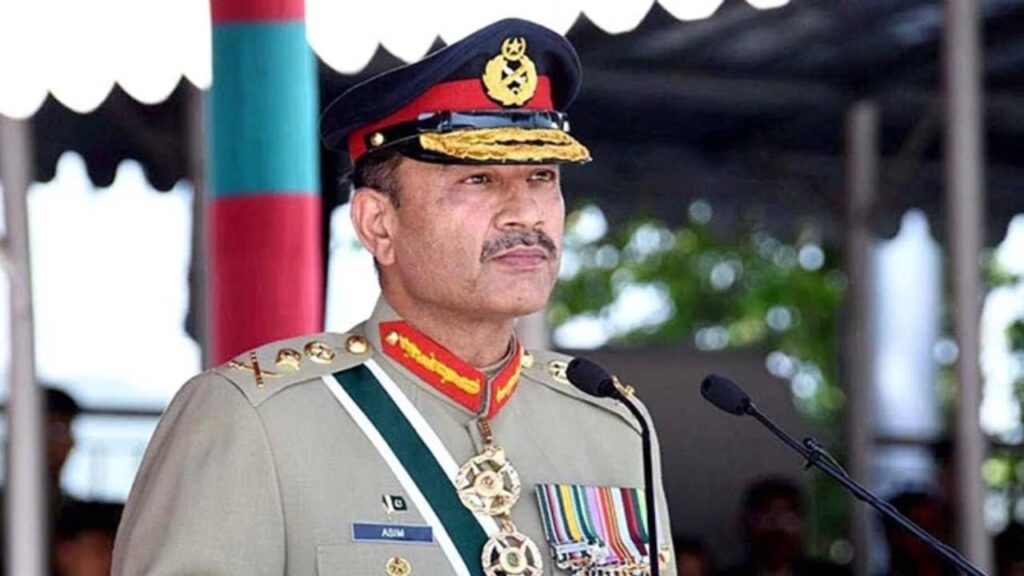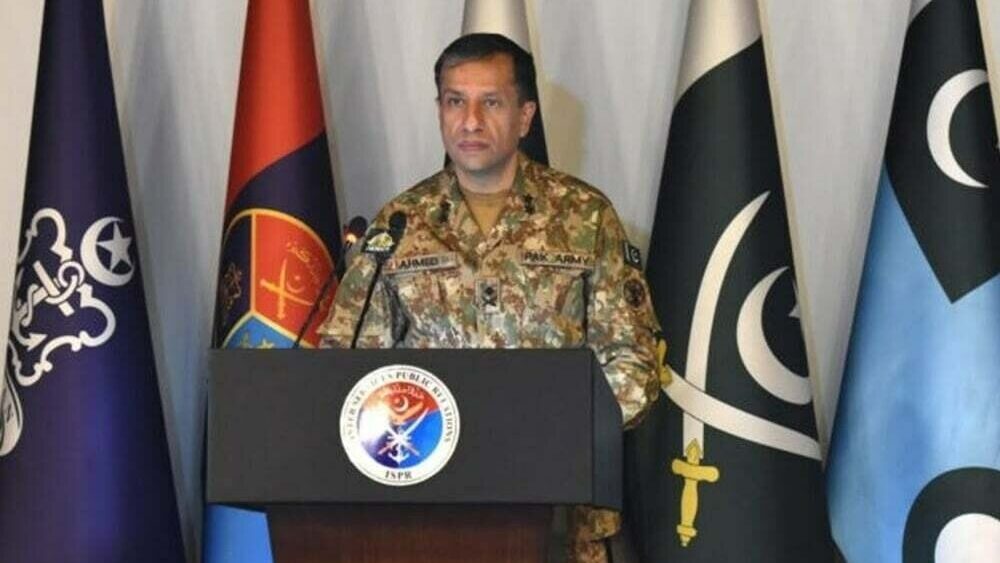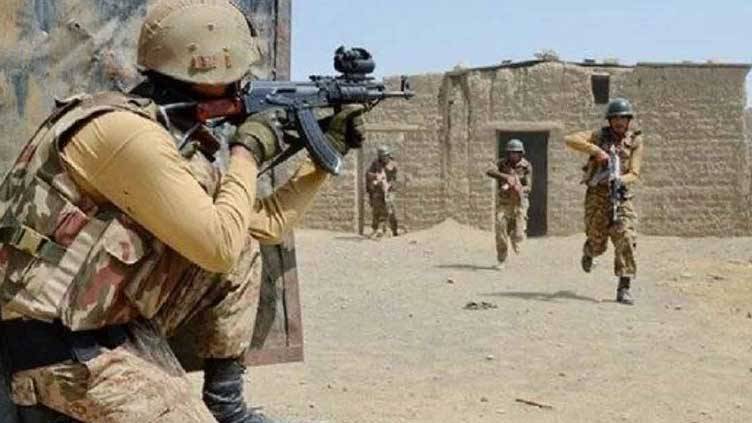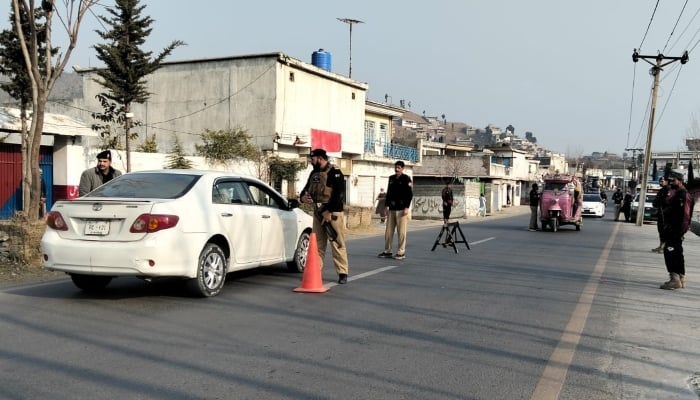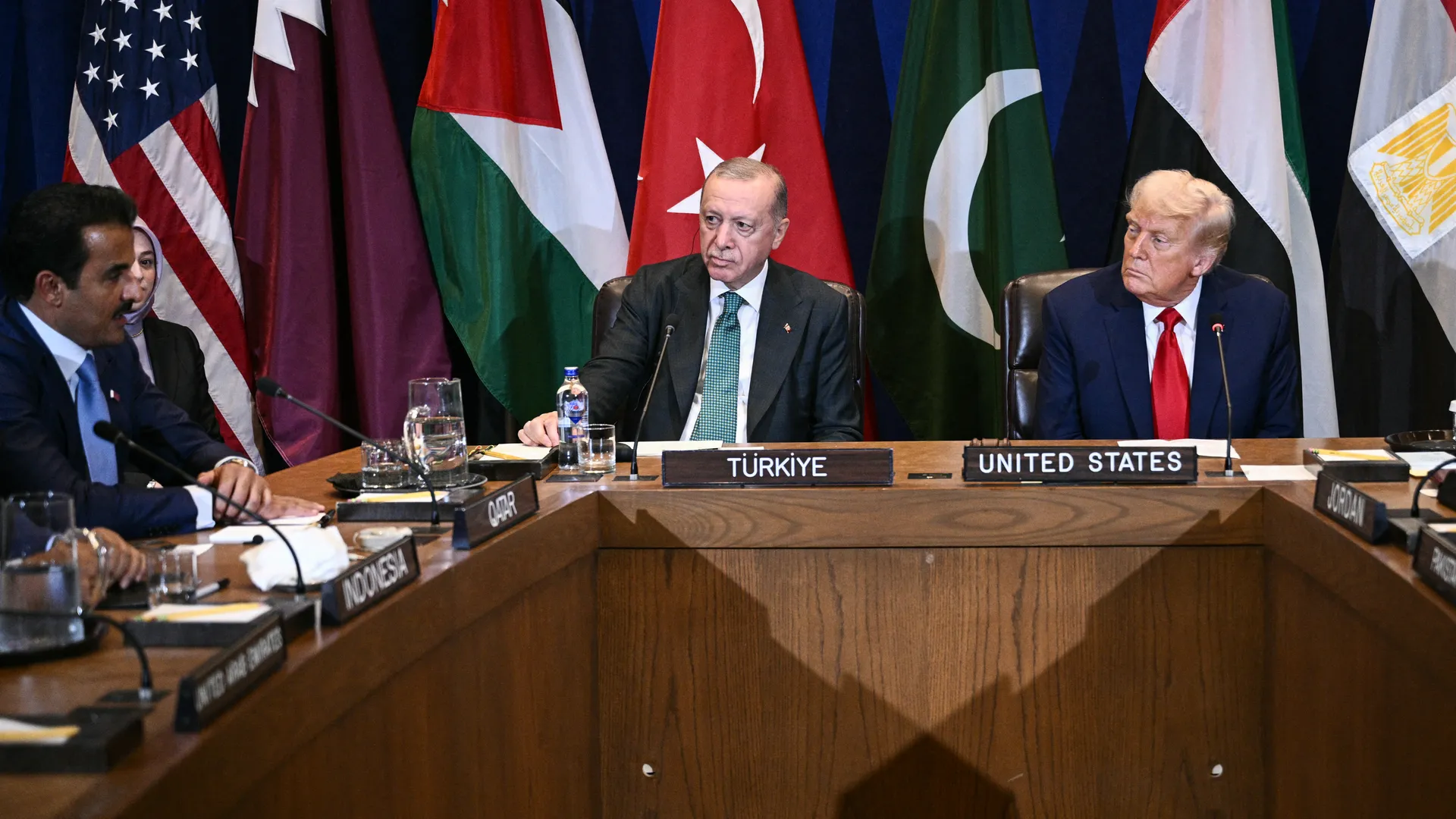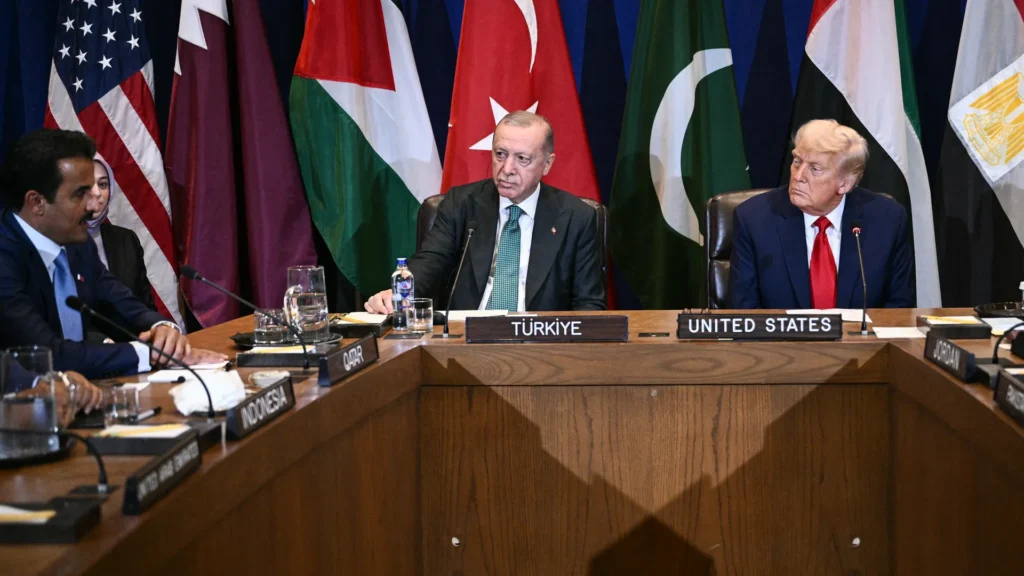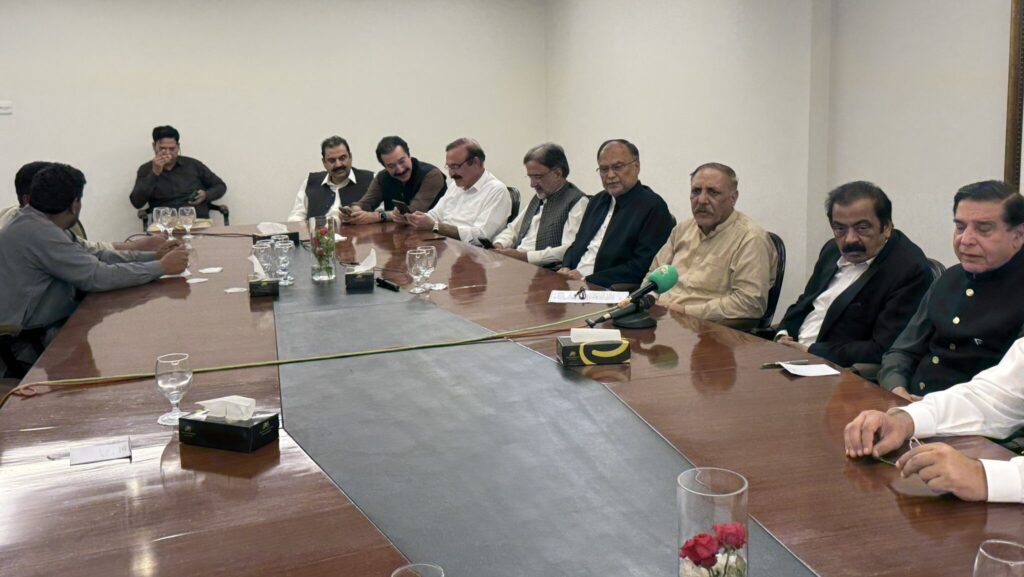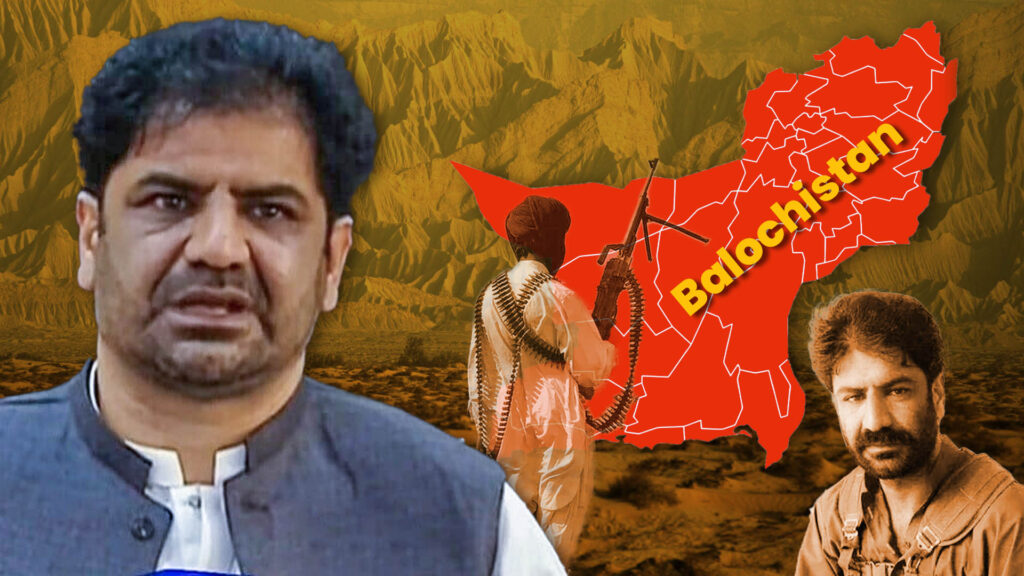United States President Donald Trump has once again attributed the de-escalation of a recent nuclear standoff between India and Pakistan to the efforts of Pakistan’s military leadership, particularly Field Marshal Asim Munir, whom he praised for playing a key role in preventing conflict.
Speaking at a press conference in The Hague at the conclusion of a NATO summit, President Trump said that among the several global crises he had worked to defuse including in Ukraine and Serbia the most critical was the recent spike in tensions between the two nuclear armed South Asian neighbours.
“This was not about whether they might one day acquire nuclear weapons, like we are discussing in the Middle East with Israel and Iran. They already have them,” Trump told reporters. “And it was very serious,” he added
He recounted a series of phone calls he made to both New Delhi and Islamabad during the crisis, which he claimed helped avert a war. “It was getting very bad you know how serious that last attack was,” he said, without specifying which incident he was referring to. “I told them, ‘If you are going to be fighting each other, we are not doing any trade deals.’ They said, ‘No, no, we want to do trade.’ And we stopped the nuclear war.”
Trump said that trade was used as leverage to bring both sides back from the brink. “I ended that with a series of calls on trade. I said, ‘If you are going to fight each other, forget the trade deal.’ That made them think twice,” he said.
The US president went on to describe a recent meeting with Pakistan’s Chief of Army Staff. “He was really very impressive,” Trump said. “The general from Pakistan was in my office last week. You know Prime Minister Modi is a great friend of mine a great man. And I got them to reason. I said, ‘No trade deal if you are fighting.’ And they understood.”
While Trump did not mention Field Marshal Asim Munir by name in these public remarks, he had previously referred to him as “an exceptional human being and an inspiring personality,” suggesting that it was indeed Munir who had visited the White House for the meeting.
The comments appear to support Pakistan’s position that behind the scenes US diplomacy played a decisive role in calming the situation. This contrasts with India’s official stance, which has consistently maintained that it acted independently and without external mediation during the crisis.
In a broader regional context, President Trump also made a brief reference to Pakistan’s relationship with Iran. “The Pakistanis know Iran very well better than most. But they are not happy,” he said, hinting at Islamabad’s potential influence as the US considers reopening diplomatic talks with Tehran.
Trump added that negotiations with Iranian officials could resume “as early as next week” as part of his wider efforts to stabilise tensions in the Middle East.

